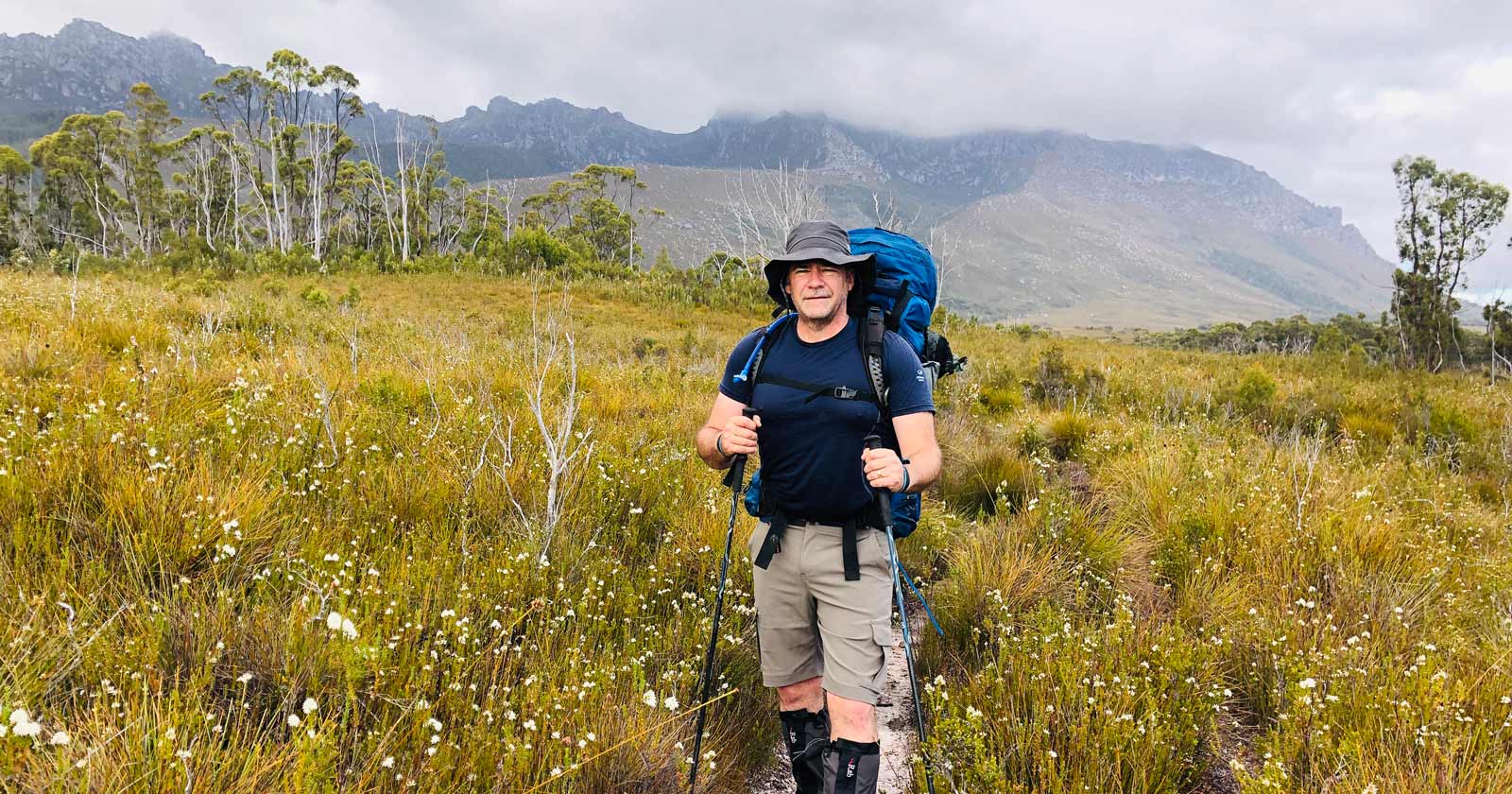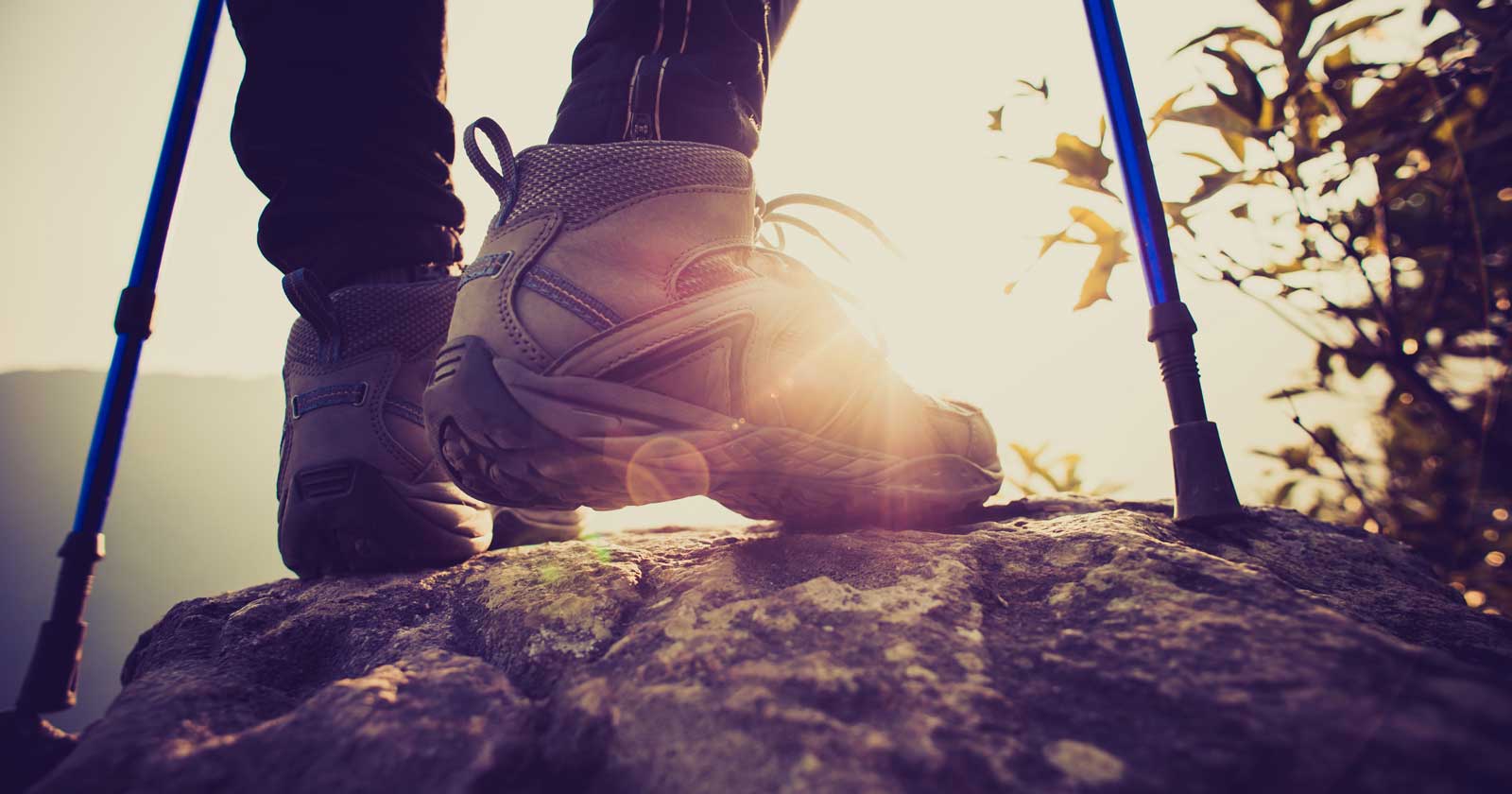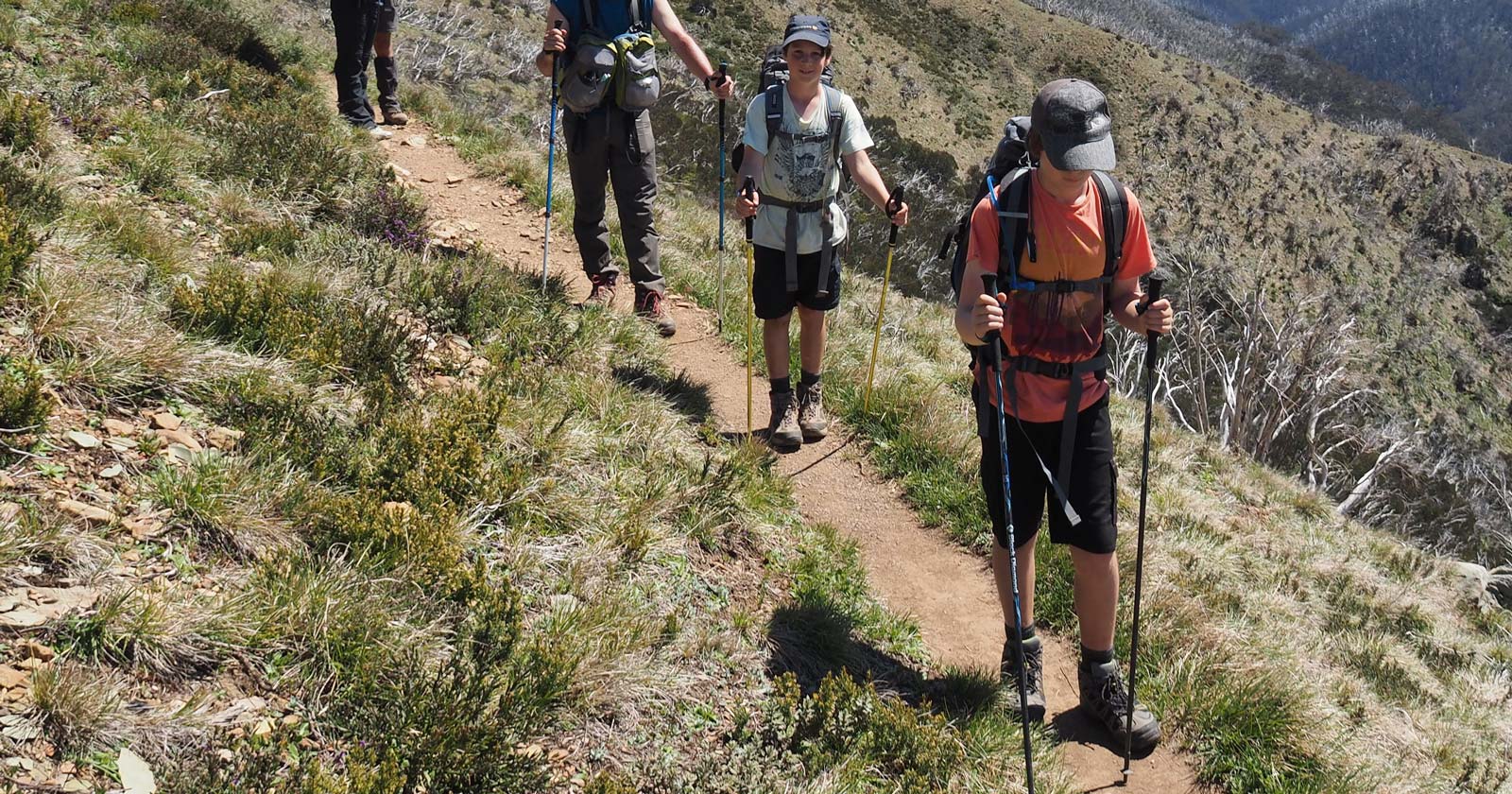A tent is more than a place to sleep
Your perfect tent provides you with the right weather protection and space at a low weight. This leads you to considering which weather conditions you expect and how many people you want to accommodate. Then you compare features and weight of the tents suitable to your needs. After all, a tent is more than a place to sleep – out in the wilderness, it soon becomes shelter, home, and security, so it’s important to choose wisely. Here;’s some tip on choosing a hiking tent.
Tent vs conditions
Three-season tents stand out with good ventilation and are suitable for all weather conditions except snowfall and strong winds. Condensation-reducing and bug-proof features come in handy in hot conditions. Since they are light and compact, three-season tents are widely used by backpackers and cyclists.
Four-season tents offer protection in heavy weather. To withstand snow and high winds, the fabrics are heavier and the waterproof coating thicker. The tents also have a lower silhouette and usually more poles than other tents. The flipside of this added protection: more weight and less ventilation. Packing a tent of this size and weight therefore makes sense for snow activities like ski touring, winter camping, or mountaineering.
Single wall tents are made of waterproof breathable fabrics. Without a separate inner canopy, you get more headroom and usable floor than with other tents. They work best in cold and dry conditions. They don’t perform that well in hot and humid weather. Choose a single wall tent if you are after a lightweight option for cool weather.
Tent sizes and shapes
Typical tent shapes
- Hoop tents – Showing a single hoop in the middle, these light tents compromise on inner space and rigidity.
- Dome tents – Their very stable structure consists of at least two poles that cross in the apex. They allow for easy access.
- Tunnel tents – These elongated tents are better suited to snow loading and extreme conditions. Many will have two openings and vestibules.
What tent size to choose?
Tents are usually classified according to their sleeping capacity. This refers to the number of people who can sleep in the inner part of the tent. Ratings go from one to four persons plus. The tent should also have room for the essential gear of its inhabitants, though some equipment might still have to be stored outside. Under a vestibule it should be safe from rain.
Consider a tent that is a good physical fit for you, then think about how you and everything else will fit in the tent. Know your height and use the dimensions of your sleeping mat to calculate how much space will be necessary. Then compare with the floor plans of tents in question and work out how you and possible companion(s) will fit in. You should get an impression on how much space you can expect. Keep in mind the angle of the tent walls some part of the floor may only be usable as storage space (tunnel-shaped tents have elongated floor shapes, while dome-shaped tents provide steep walls with more useable floor space).
Weight and features
In most cases you choose between weight and comfort. The longer you have to carry your gear, the lighter you want to travel. Not all gear is essential. With skill and experience you can still improvise convenient features at your campsite. If you don’t have to carry the equipment (e.g. while kayaking), you might as well take things like optional vestibules with you.
Useful tent features:
- Vestibules – additional storage room, allows rain-protected changing of clothing or boots without the space restrictions of the tent
- Hooded vents – allow ventilation in all weather conditions
- Gear lofts – helpful when drying gear items
- Pole sleeves – fabric tubes adding stability by closely connecting pole and tent, a real treat when pitching a tent in dark or windy conditions
- Pole clips – another connection between tent and pole allowing ventilation, though plastic clips are prone to break in cold conditions, and test your patience when wearing gloves
- Colour coded poles make for easy pitching
Contributed by: Mountain Designs















